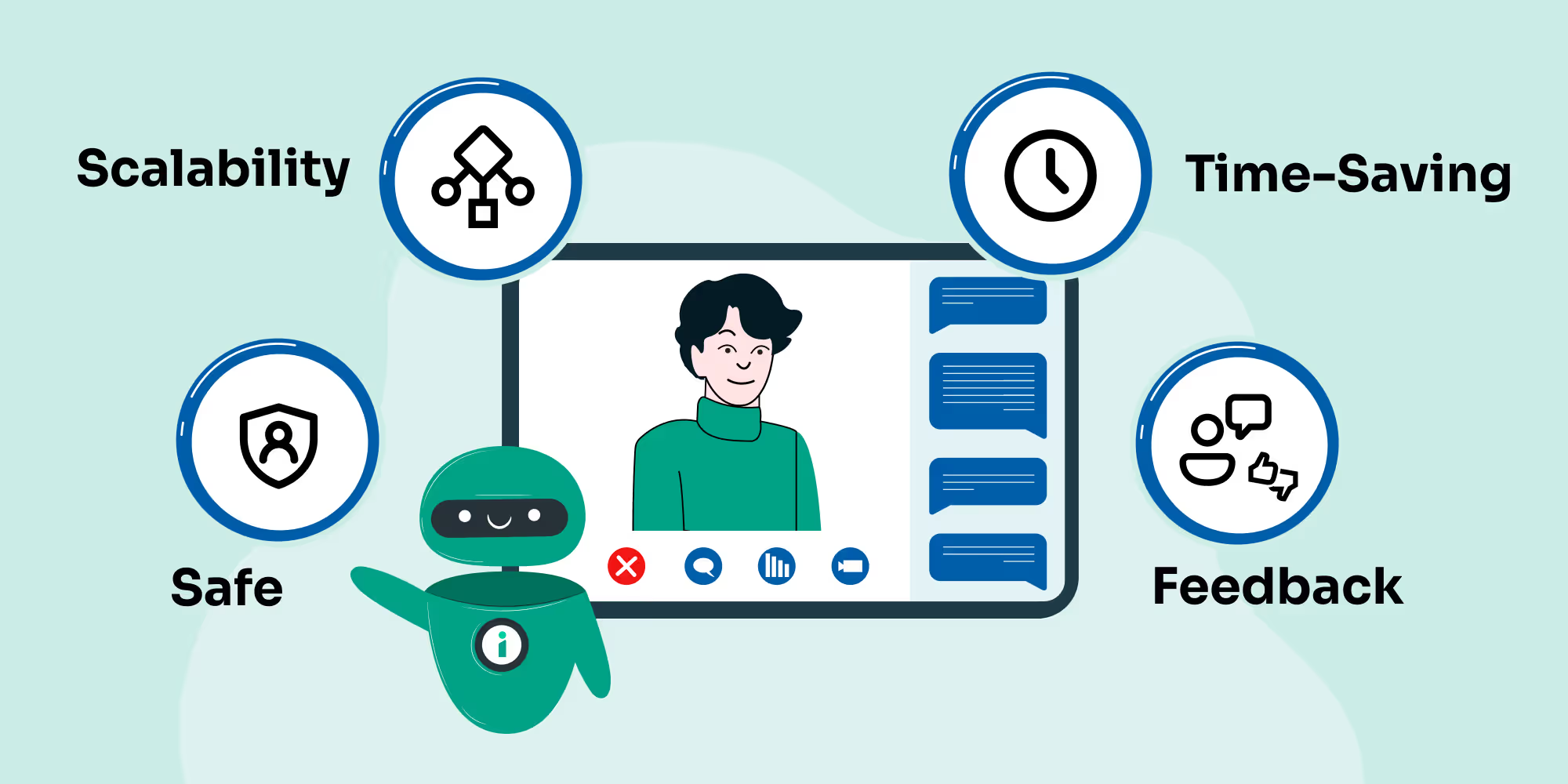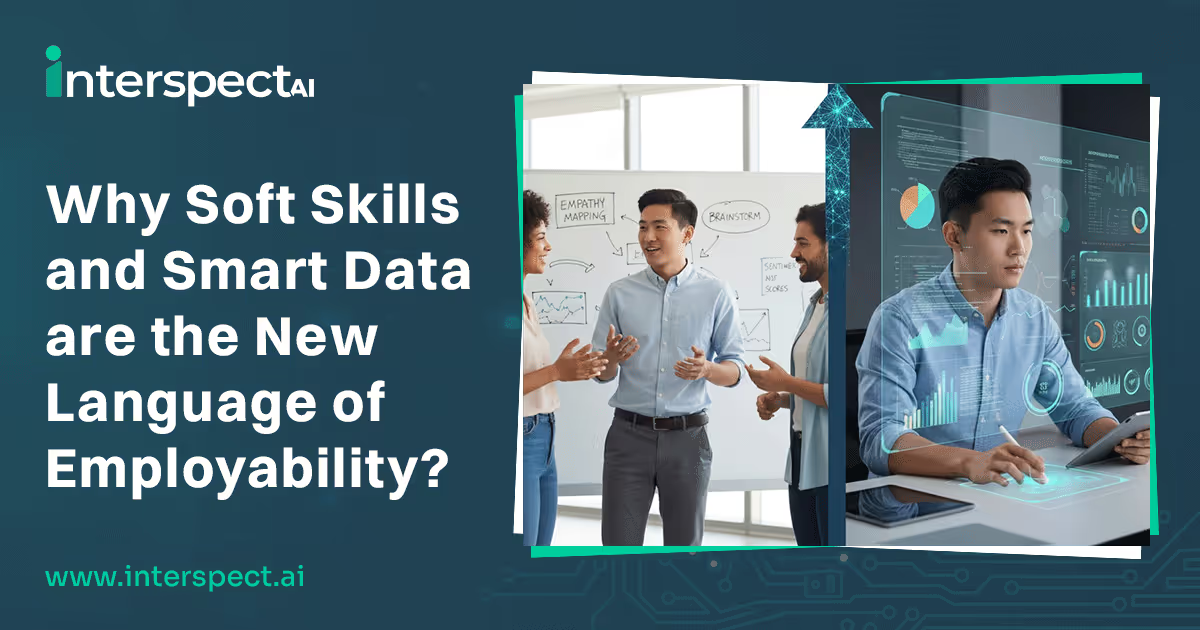The Evolution of Agentic AI | From Simple Automation to Autonomous Decision-Makers



The world of Artificial Intelligence is experiencing its fastest evolution yet. Just a few years ago, we were mesmerized by Large Language Models (LLMs) that could write emails and generate code. Today, the conversation centers on agentic AI systems designed not only to process information, but also to reason, plan, execute actions, and autonomously achieve complex business objectives.
This is the key difference between simple automation and accurate enterprise intelligence. It is the leap from AI as a sophisticated tool to AI as a goal-oriented decision-maker.
I. The Foundational Shift: Beyond Rule-Based Machines
To truly appreciate agentic AI, it helps to look at where we started.
Decades ago, breakthroughs like IBM’s Deep Blue, which defeated the world chess champion, were triumphs of computing power. But fundamentally, Deep Blue was a rule-based machine. It could only follow rigid, predefined principles and was excellent at chess, but excelled in nothing else.
Today’s AI agents have moved far past these narrow, specialized systems. They are now capable of generalized learning, reasoning, and adapting to context. This flexibility means a single core AI architecture can be applied to vastly different tasks coordinating across systems and autonomously adjusting to meet dynamic business challenges.
II. The Missing Link: Why LLMs Need Agents
The Generative AI boom established the LLM as the "brain" of modern AI. But in the enterprise world, a brain needs a body and a plan to execute complex workflows.
Simply put, an LLM is a powerful content generator that responds to a prompt. An AI Agent, however, is an LLM-powered decision engine. It provides the necessary structure for the LLM to “think” through a request and dramatically improve performance.
Think of a complex business goal, like “Find the best candidate for this technical role and onboard them.” A traditional LLM might write a job description. An AI Agent does this:
- Planning & Reasoning: The agent breaks down the complex goal into smaller steps, such as "Screen 100 resumes," "Schedule video interviews," and "Generate a final score."
- Tool Orchestration: The agent connects to external systems, such as pulling candidate data from an Applicant Tracking System (ATS) or integrating with a scheduling calendar.
- Action Execution: The system autonomously initiates the task, running the 24/7 interviews and generating a final, structured assessment.
This Multi-Agent System (MAS) architecture is inherently more robust than a single, monolithic model. It enables specialized agents, each with deep, modular expertise, to collaborate, ensuring tailored and compliant outcomes across specific industries, such as healthcare, finance, or manufacturing.
III. The Conversational Edge: How Agents See, Hear, and Reason
A system cannot achieve genuine autonomy in human-centric fields if it only “reads” a transcript. High-value interactions, such as a nuanced technical interview or customer sentiment analysis sessions, require the agent to perceive the environment.
The Spectra platform addresses this by powering its agents with the ability to “see, hear, reason, and speak”. This is called multimodal perception.
By integrating audio and video analysis, the agent goes beyond mere transcripts. It captures verbal content and behavioral indicators during the video interview. This capability delivers human-like, personalized conversational experiences and provides instant, automated scores and deep insights across both technical and behavioral metrics immediately after the interview.
IV. The Future of Work: Autonomy for Strategic Governance
This evolution to agentic AI transforms where human teams focus their time.
The ultimate measure of agentic AI isn’t technological theory; it’s the tangible impact on core business functions. SpectraHire, InterspectAI’s flagship recruitment platform, showcases the full realization of autonomous decision-making in the most sensitive enterprise process i.e. hiring.
By deploying agentic AI to run the entire interview workflow 24/7, the platform autonomously pre-screens, conducts comprehensive, multimodal assessments, and provides objective scores instantly. This profound level of automation significantly reduces time-to-hire, eliminates the need for multiple human interviewers, and ensures decisions are based on data rather than subjective judgment. The human team moves from tactical execution to strategic governance, overseeing the process and focusing only on the final, most promising candidates.
In high-stakes professional fields such as compliance and finance, precision and consistency are paramount. Agentic systems excel in this area because they can follow complex, multi-step protocols flawlessly. For organizations, the benefit is straightforward: human involvement shifts the autonomy scale upward. Instead of managing every step of a workflow, humans fully delegate the execution authority to the AI agent.
The human role transforms into one of goal setting, strategic governance, and monitoring compliance. This capability is driving profound efficiency gains across the enterprise, from automating resource-intensive tasks like clinical documentation review in Healthcare to enhancing compliance and reducing audit risks in Finance.
Conclusion
The era of simple, generative AI is now behind us—the future demands autonomous decision-makers capable of reasoning and executing complex business goals. InterspectAI’s agentic platform provides the foundational architecture needed for verifiable, high-precision outcomes in recruiting, compliance, and research. Don't lag behind the autonomous enterprise.
Request a personalized demo today to experience the next evolution of Conversational Intelligence.
FAQs
Q: What is the core difference between a traditional LLM and an AI Agent?
An LLM is primarily a powerful tool for generating content (like text or code). In contrast, an AI Agent is an LLM-powered decision engine that is designed to achieve a specific goal by planning, reasoning, and executing a sequence of actions.
Q: How does the Spectra platform ensure its assessments are unbiased?
The platform uses non-profiling algorithms specifically designed to help eliminate unconscious bias and ensure fair, objective candidate assessments. Additionally, its claims of compliance with high-bar standards, such as SOC2 Type 2, GDPR, and CCPA, require strict adherence to privacy and data integrity protocols.
Q: Besides hiring (HR), what are other applications for agentic AI interviews?
Agentic AI-driven interviews are valuable anywhere complex human insights are needed at scale. Use cases extend to: Conversational Market Research (detecting emotional cues and customer sentiment); Compliance Checks (automating structured audits and documentation); and EdTech (simulating oral exams and providing personalized feedback).
Q: How does the platform integrate with existing business software?
The Spectra platform is designed to be "plug-and-play" with your existing technology stack. It extracts structured interview data that is configurable and delivered in JSON format. This API-first design enables easy integration into various types of applications, including Applicant Tracking Systems (ATS) and other technical systems, with just a few lines of code.
Subscribe to The InterspectAI Blog


%201.svg)






